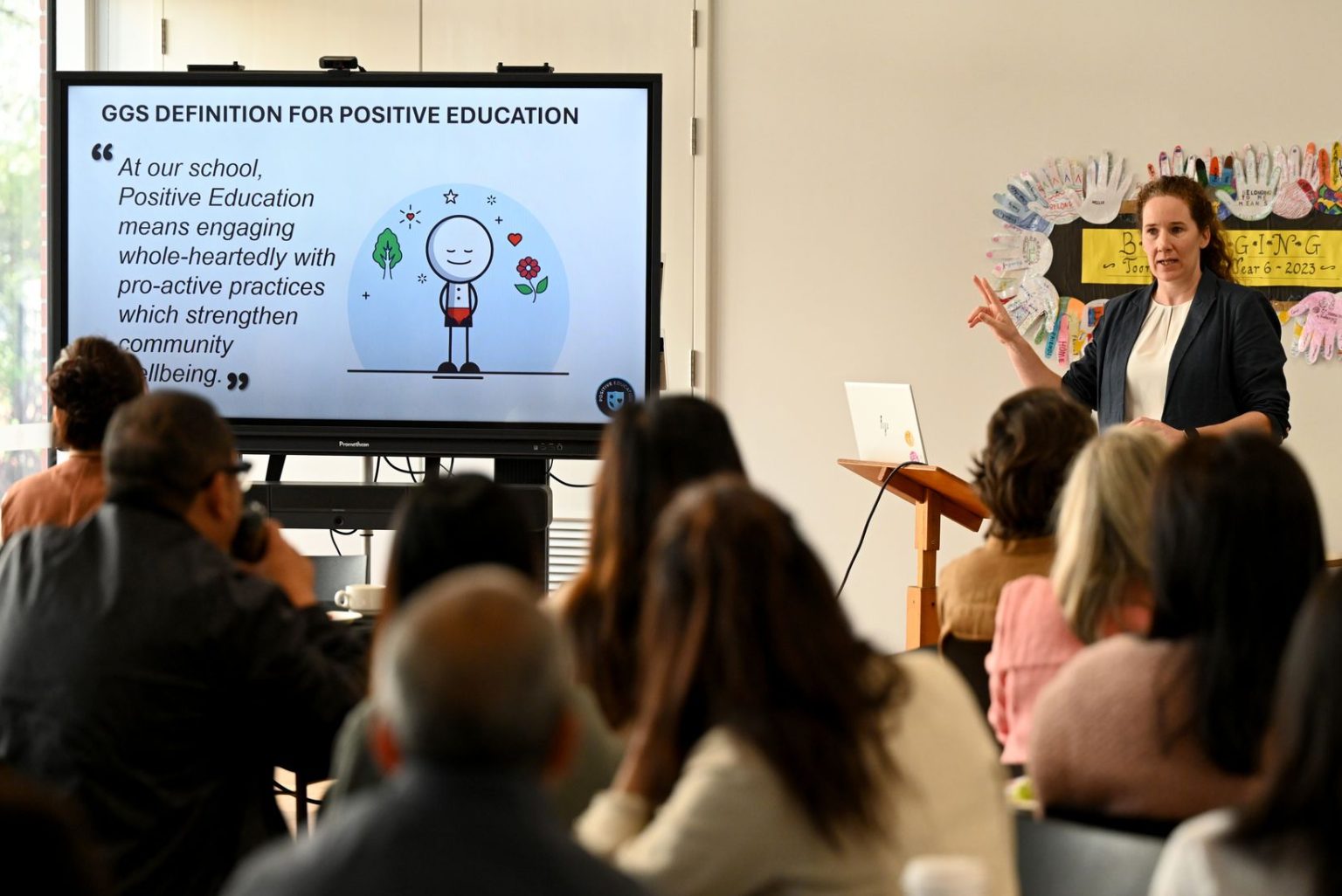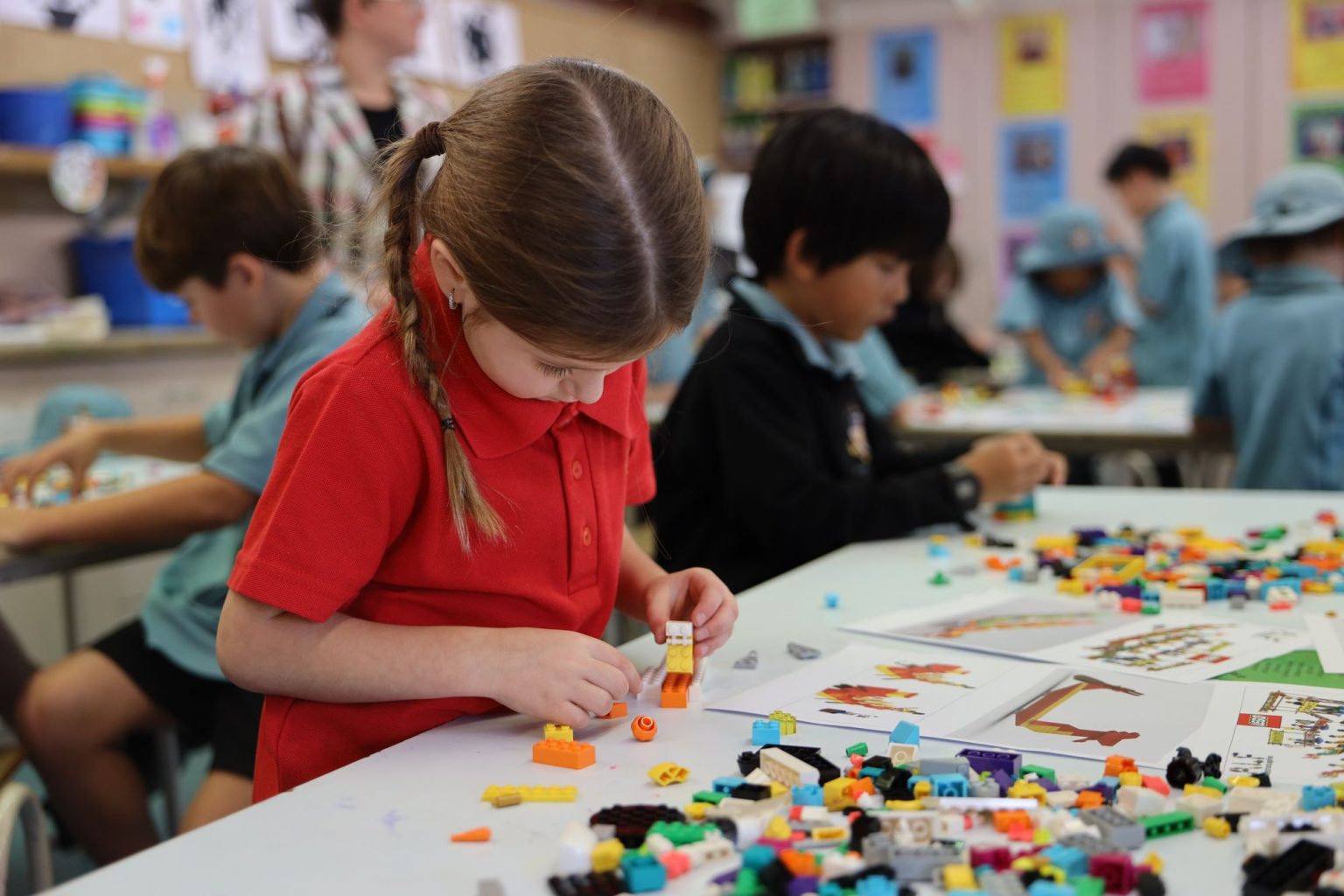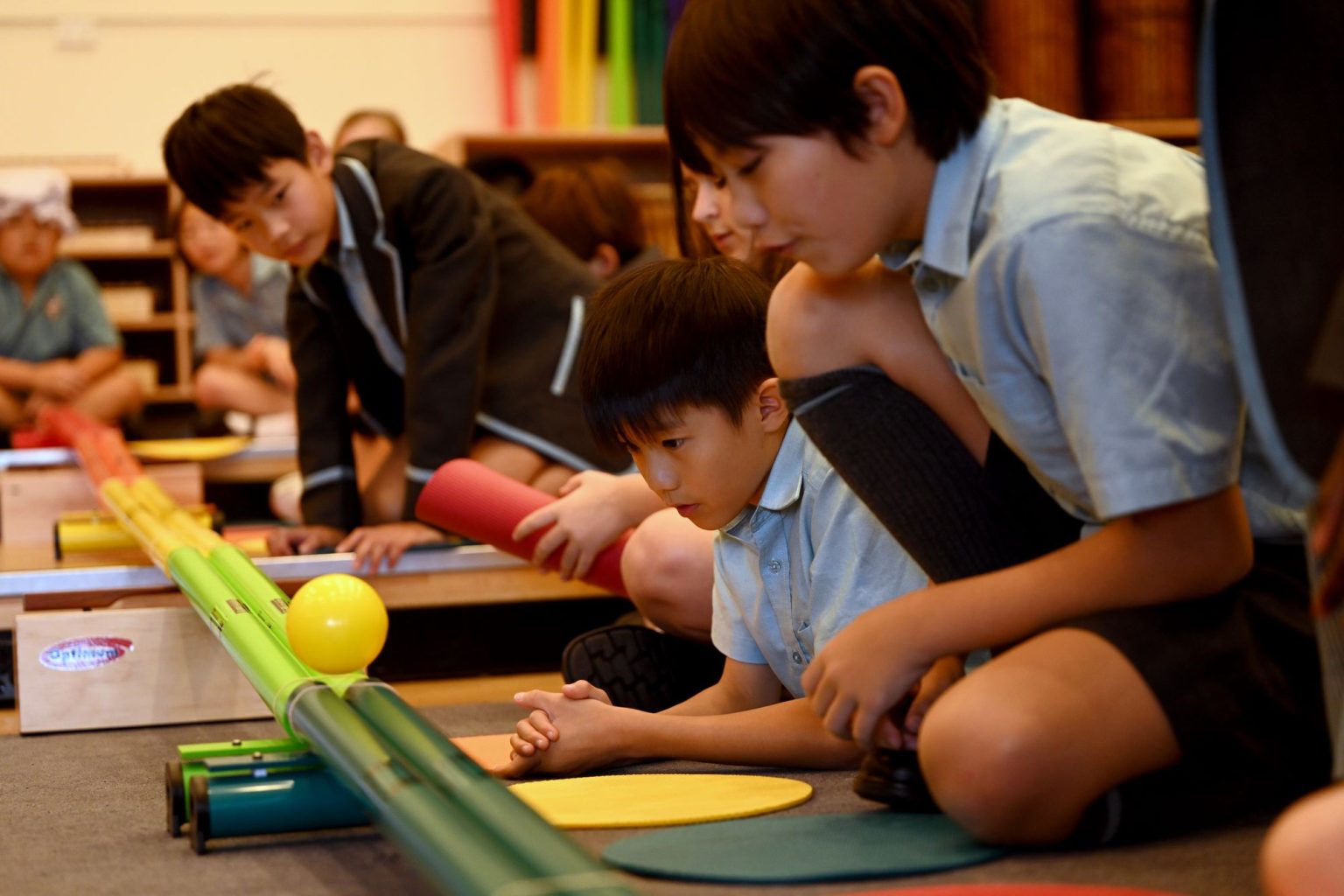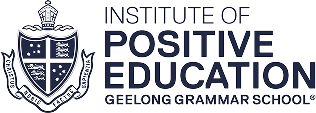Discovering Positive Education
Learn and live Positive Education in this eight-week international blended learning online course.
Developed by the Institute of Positive Education (IPE) to meet growing demand from schools and individuals unable to attend in-person training, we are excited to offer our Discovering Positive Education course online.
Gain evidence-based skills and practical tools as you explore the science and practice of Positive Education, guided by expert facilitators in a supportive, engaging environment.

Structure and Content
Our Discovering Positive Education course combines live and asynchronous learning, allowing you to apply wellbeing strategies and reflect on their impact as you progress.
Over eight weeks, you’ll explore Character Strengths, Mindfulness, and the six evidence-based domains of Positive Education, each examined through research, philosophy, and best-practice application.

How to Enrol
Enrol Online
Our second 2025 intake is now full and enrolments are closed.
Registration for the next Discovering Positive Education course, starting in late February 2026, will open in September.
Group or General Enquries
If you would discuss group pricing or DPE training for your whole school community please get in touch with our office via institute@ggs.vic.edu.au
Frequently Asked Questions
What is Positive Education?
Positive Education is a future-orientated system that embraces change and draws on a range of human sciences to empower schools, educators and students to flourish. When implemented effectively, Positive Education combines scientific research with effective educational practice to develop skills and knowledge in students and educators that enhance wellbeing, build resilience and optimise engagement and performance.
For more background Positive Education and our work at The Institute, please see “What is positive Education?” and the history of the Institute in the About menu.
I am not a teacher, can I complete the course?
Whilst many of our participants are educators from around the world, we welcome anyone connected to a school community including parents, coaches, and support staff. We believe in the power of a whole-school approach: it’s not just teachers who influence the wellbeing of students, but everyone involved in their learning environment.
How much time do I need to allocate each week to study?
Each week includes CORE resources including short videos and one or two readings, designed to take around 30-40 minutes, plus a one hour live session with your cohort.
You’ll also have access to optional BOOST IT resources, which offer an extra 1-2 hours of content if you’d like to explore topics in more depth. Some participants dive into these every week, while others dip in when a topic really resonates. It’s entirely up to you.
Is there a qualification or certificate for completing the course?
After completing the Discovering Positive Education course and submitting your Impact Project, you will receive a Certificate of Completion from the Institute of Positive Education. This certifies that you have completed the course and signifies your expertise and commitment to wellbeing in your school or professional community.
I am not based in Australia. Can I still participate?
Absolutely. We are global educators and have worked with schools and organisations worldwide.
Our online collaboration times are designed to be as inclusive as possible, with two session options to suit different time zones.
If you’re fluent in conversational English, we’d love you to join us. All course videos include English closed captions.
How much does the Discovering Positive Education course cost?
The course fee is $880 AUD per person. For group pricing or whole-school training options, please reach out to our office at institute@ggs.vic.edu.au or call +61 3 5227 6222.



